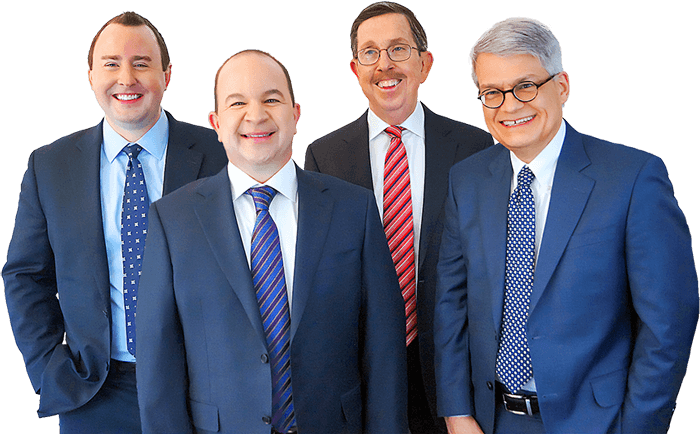Did a Distracted Driver Cause Your Injuries?
Driving while distracted poses a great danger to the driver and everyone in his or her path. Our attorneys are seeing an increasing number of distracted driving lawsuits in Connecticut. We have the experience to investigate distracted driving cases, including texting while driving car accidents, and hold drivers accountable for their actions. We encourage victims of distracted drivers to come forward and prevent similar accidents from happening to others.
Distractions on the Rise
Distracted driving can result from talking on the phone, texting, eating food, picking up an item on the car floor and other diversions. It can be more dangerous than drunk driving. Keeping your eyes off the road for even a split second can cause your reflexes to be impaired and cause your reaction time to slow immensely.
We get calls from victims of distracted driving accidents in Connecticut. This includes accidents caused by distracted drivers applying makeup who caused car crashes, drivers who fell asleep and caused a car accident, those injured by drivers who were reading a map while driving and caused a car accident, and those where the use of GPS caused a car accident.
In November 2011 the Connecticut Department of Transportation approved a final rule that prohibits commercial drivers from using a hand-held mobile telephone while operating a commercial truck or bus. In September 2010, a regulation banned text messaging while operating a commercial truck or bus and in February 2011, a regulation banned texting by intrastate hazardous materials drivers.
Contact Us for a Free Consultation
Talk to the attorneys at Tremont Sheldon P.C. if you are looking for a lawyer in Connecticut who knows how to investigate car accidents caused by distracted drivers. We are here to help you move forward with your life. Call 203-212-9075 or contact us online.

